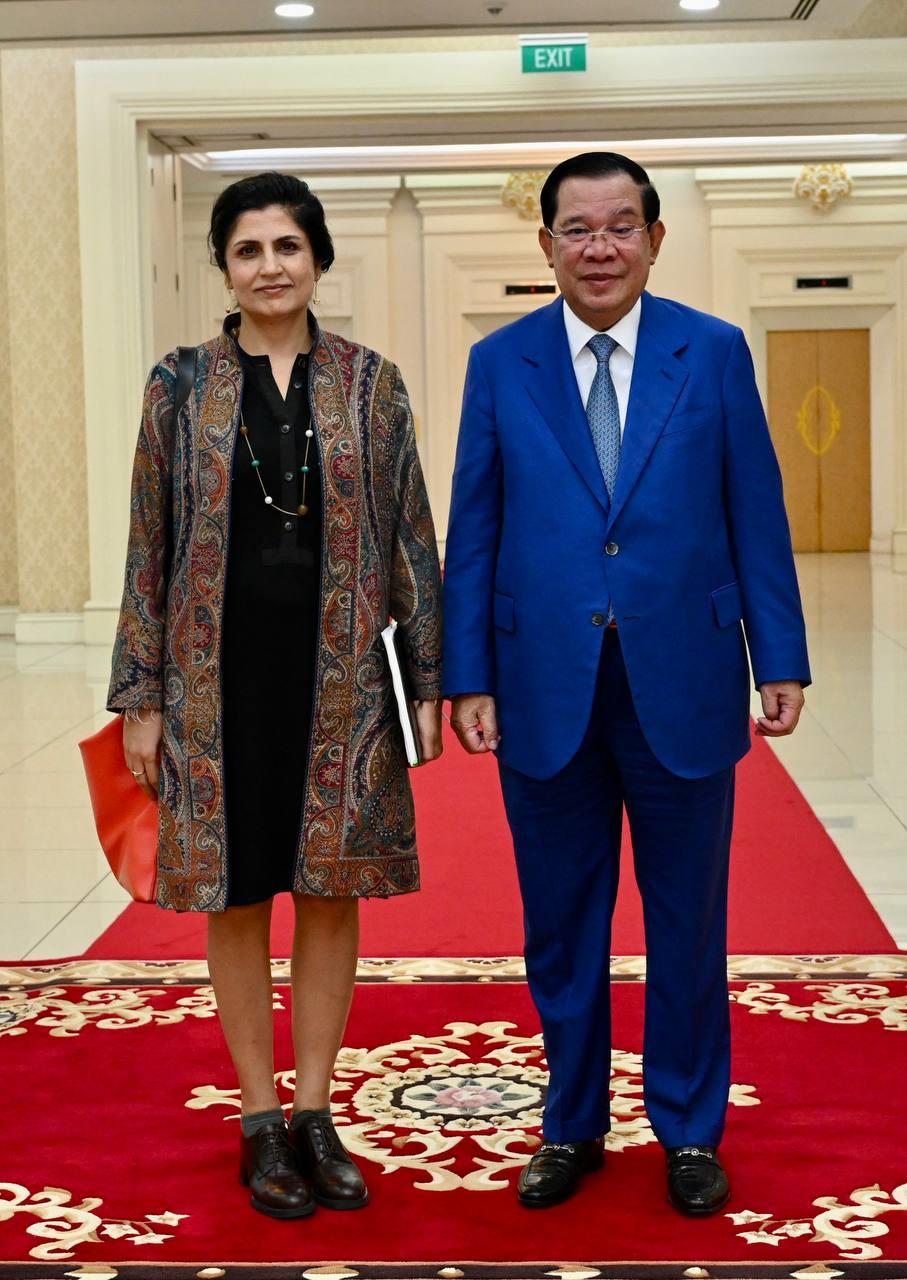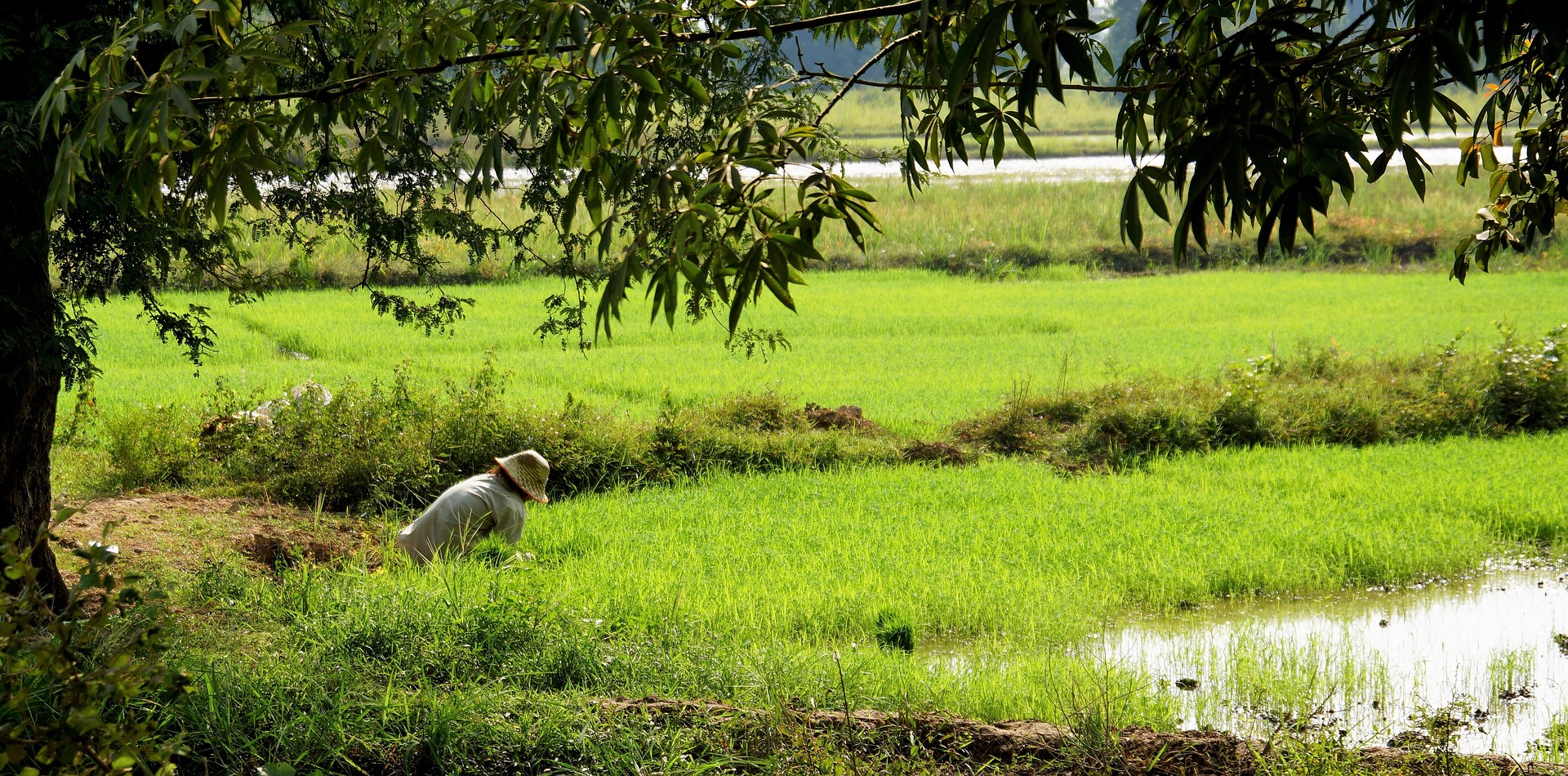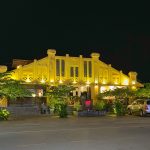A delegation from the International Fund for Agricultural Development (IFAD) visited Cambodia to discuss investment in inclusive and sustainable agriculture growth with key government officials. The aim of the trip was to elevate rural farmers out of poverty as part of Cambodia’s post-Covid recovery plans.
The delegation from the UN’s rural development agency was led by Jyotsna Puri, Associate Vice-President of the Strategy and Knowledge Department, and Reehana Raza, Regional Director for Asia and the Pacific.
Impact of Covid on Cambodia’s Farmers
According to IFAD, while Cambodia has seen a reduction in poverty during the last two decades, the nation’s poverty rate has climbed from 10 percent in 2019 to 18 percent as a result of the Covid-19 pandemic.
In addition, the Ukraine-Russia war has increased the price of fuel and fertiliser, and has disrupted supply chains. As a result, rural families, especially small-scale farmers, are particularly at risk.
Three-quarters of Cambodia’s 6.8 million farmers are categorised as small-scale farmers and struggle to achieve the scale and consistent quality of produce needed by export and domestic markets. Most have turned to non-farming work to supplement their income.

“From our experience in Cambodia, we know that there is great potential for small-scale farmers to be resilient and contribute in measurably significant ways to economic growth. This will require, among other things, investments in infrastructure, building value chains, irrigation facilities, creating markets and ensuring access to financial services. Additionally, the private sector and farmers organisations must also play their role,” said Jyotsna.
“Also, with innovation and better and more use of mobile technology, rural families in Cambodia can build safer, healthier, more secure lives with improved livelihoods not just for themselves but for the rest of the population. As an IFI and as a UN organisation, IFAD is well positioned to support the government in its planned growth trajectories, while ensuring no one is left behind.”
International Fund for Agricultural Development‘s Work in Cambodia
IFAD has supported development in Cambodia since the late 1990s, moving from recovery and ensuring food security to building institutions to its current focus on the economy. During the next decade, IFAD aims to contribute to a sustainable rural economy, ensuring that benefits reach the most marginalised communities.
“Today, Cambodia’s small-scale farmers face multiple challenges, including volatile food and fuel prices and the effects of climate change,” said Reehana. “Our goal is to enable small-scale farmers, and especially rural youth, to become more productive by improving their access to productive assets and skills, enabling them to earn increased, sustainable incomes while reduce their vulnerability to climate and other shocks.”
The delegation visited several projects in Kandal, Kampong Speu and Kampot provinces to see first-hand the results of IFAD’s support. Across the four projects currently financed by IFAD, participants reported improved productive capacity, better links to markets, more opportunities for youth, and progress towards an enabling environment for export and domestic markets.

Project Visits
At Khmer Green Charcoal in Phnom Penh, the delegation learnt how biochar briquettes from waste coconut husks and other waste biomass is helping 3,000 chicken farmers provide warmth in brooders to reduce chick mortality, yielding higher incomes. Farmers have also replaced charcoal with the briquettes as cooking fuel, leading to less deforestation and pollution – as well as better health.
The delegation also saw IFAD-supported small-scale infrastructure projects, such as collection points for farmers to sell produce, irrigation projects and canal rehabilitation for disaster risk reduction, and better rural roads linking farms to markets.





